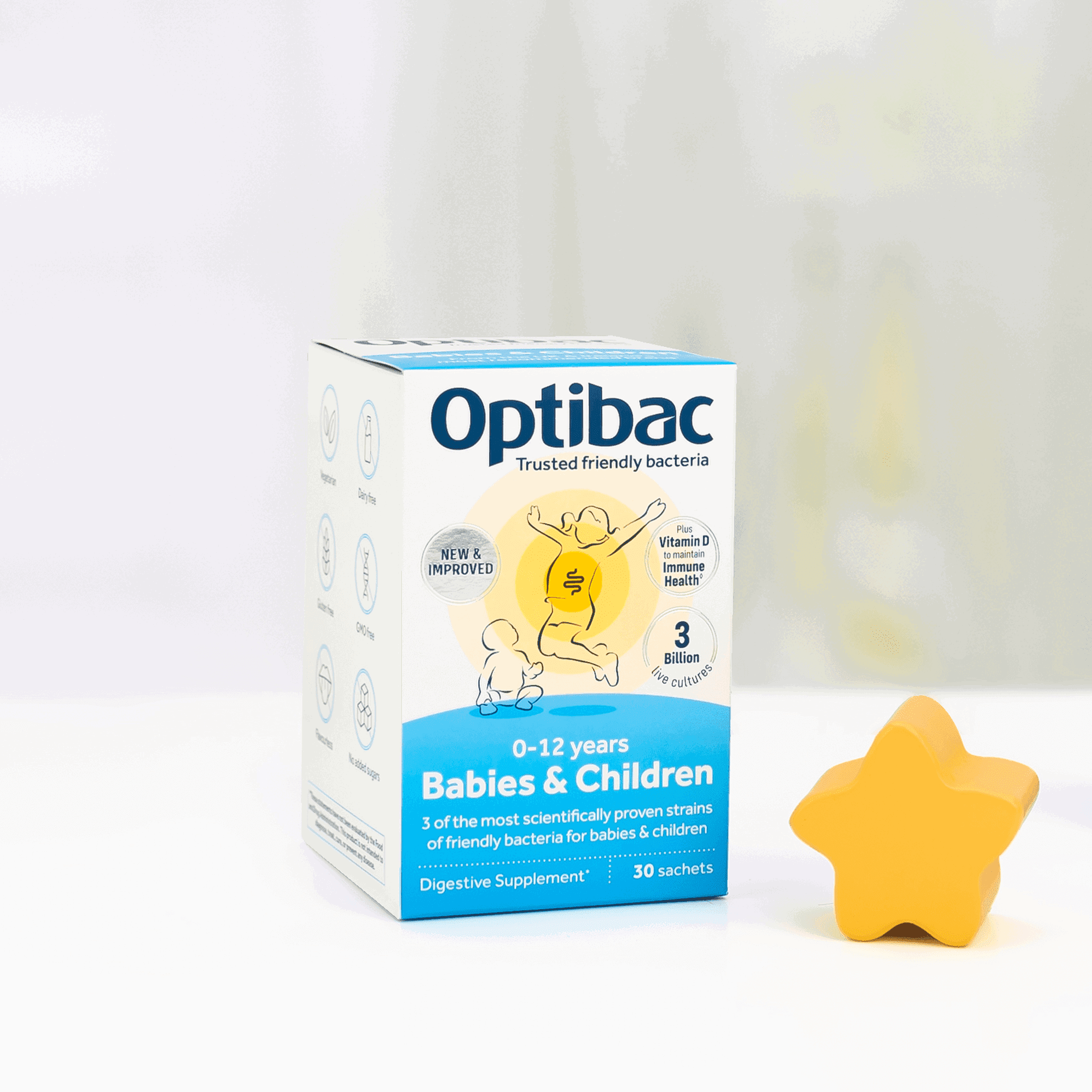- About Us
-
Help
Free 1:1 supplement advice
Not sure which supplement is right for you? Book a free, 15 minute telephone call with one of our nutritional experts.
Book your free consultationGet in touch (Mon to Fri, 9am - 5pm)
Customer Service: +44 (0) 1264 339 770
Order Enquiries: +44 (0) 1264 363 193
Contact us - Stockists
You are on the UK site
Hello US customer, you are currently shopping on the UK site. To ensure you are charged in the correct currency and receive accurate shipping costs, please switch to the US website and re-add your product to your basket.
You're away from FREE UK delivery Free UK delivery (applied at checkout) on orders over £10.00
You have qualified for Free UK delivery
Lifestyle
Microbiologist's Tips for Winter Health
As we leave summer behind and fall into frost, it's time to start thinking about how to stay in tip-top shape across the winter season. As the resident Optibac microbiologist, I've put together some tips to help you stay healthy and happy right the way through until we see the sun again.
Think hygiene first
There is some research to suggest that viruses can spread more easily in colder weather, so it’s important to be as hygienic as possible during these months. A sneeze can travel up to 25ft - almost the length of a bus!
Washing yours and your little ones hands thoroughly, sneezing into a tissue and disposing of used tissues quickly are easy ways to reduce the spread.
If you’ve battled a cold already, be sure to change your toothbrush head and sheets to get rid of any harmful bugs which may still be lurking.

Fight the office bugs
You probably won’t be surprised to hear that the office is a breeding ground for germs, so it’s the perfect place for winter illnesses to spread. It’s important to be prepared and build up a defensive barrier in your gut to help fight off all of those bugs. Cleaning your desk and keyboard with wipes is a good way to stop these germs spreading, especially if you hot-desk! If possible, try and open the windows and allow some fresh air to come in and keep communal areas clean. Finally, if you feel yourself coming down with something, don’t feel guilty about staying at home. You don’t want to pass it on to the whole office!
Get plenty of sleep
Did you know your circadian rhythm (your natural body clock) can impact your microbiome. Disturbed sleep can lower the number of friendly bacteria in the gut. Ensuring good sleep patterns can support a healthy gut, which in turn helps help keep your immune system working effectively to fight off bad bacteria and viruses. Try and get at least 7 or 8 hours of sleep if possible, even if it does mean coming off social media or leaving the pub a little early once in a while!

Take a deep breath and relax
The lack of sunshine can really affect your mood in the winter, so it’s important to do things that help lift your spirits and tackle stress. Looking after your wellbeing is so important, as this can also affect your immune system. I’d also suggest practicing some simple mindfulness exercises or winding down by reading a book to help you feel more relaxed.
Keep active
Exercise can not only improve your physical health but it also makes you feel good, too. Physical movement keeps your bowels moving and your immune system strong. Exercise is also a known stress reliever and can help you feel happier and healthier during the cold winter months. If you can, wrap up warm and take the family out for a winter walk. If it’s too chilly to exercise outside, try hitting the gym or a yoga class, which combines care for both the body and the mind!

Reduce your alcohol intake
Winter can be a very busy social time, with the temptation of cosy pubs and Christmas parties. An occasional glass of red wine has been shown to have certain health benefits, but drink in moderation as alcoholic drinks contain a lot of sugar. This can feed bad bacteria and make you feel even worse. If you do enjoy a couple of drinks, make sure you rehydrate with lots of water.
Stay warm and hydrated
Dress appropriately for winter. If it’s raining outside and you get drenched, it’s important to get warm…and quickly. Always bring a spare pair of socks with you to avoid wet feet giving you a chill! If it’s sunny, wrap up warm and go outside - your immune system may suffer in winter due to low Vitamin D levels. We need water to regulate our body temperature and maintain many bodily functions. Keeping hydrated is essential for all aspects of health, including supporting our bodily microbiomes and immune system, ensures that we are naturally flushing out any toxins or ‘bad bugs’ and helps our digestive system to work better.

Diet and supplements
Winter is the perfect time for autumnal and winter soups and stews. These can be packed with essential vitamins, minerals and fibre. Vitamins are important for immune function, especially Vitamin C – find this in broccoli, cauliflower, kale, kiwi, orange juice, papaya, peppers, sweet potato, strawberries, and tomatoes, raw if possible. This vitamin is so important for immunity that many people take a supplement during the cold season. Vitamin D is another vitamin often deficient in winter as it is primarily produced by sun exposure. Dietary sources include oily fish, eggs, and mushrooms, though again supplements are popular in the winter months. You might also wish to try some live cultures, which can be found in fermented foods, such as sauerkraut, kimchi or kefir, or in supplement form.
Wishing you the best of health this winter!
Popular Articles
View all blogs-
Health News16 Dec 2024
-
Lifestyle07 Nov 2023
-
Suitability13 Dec 2024
.png?lang=en-GB)



